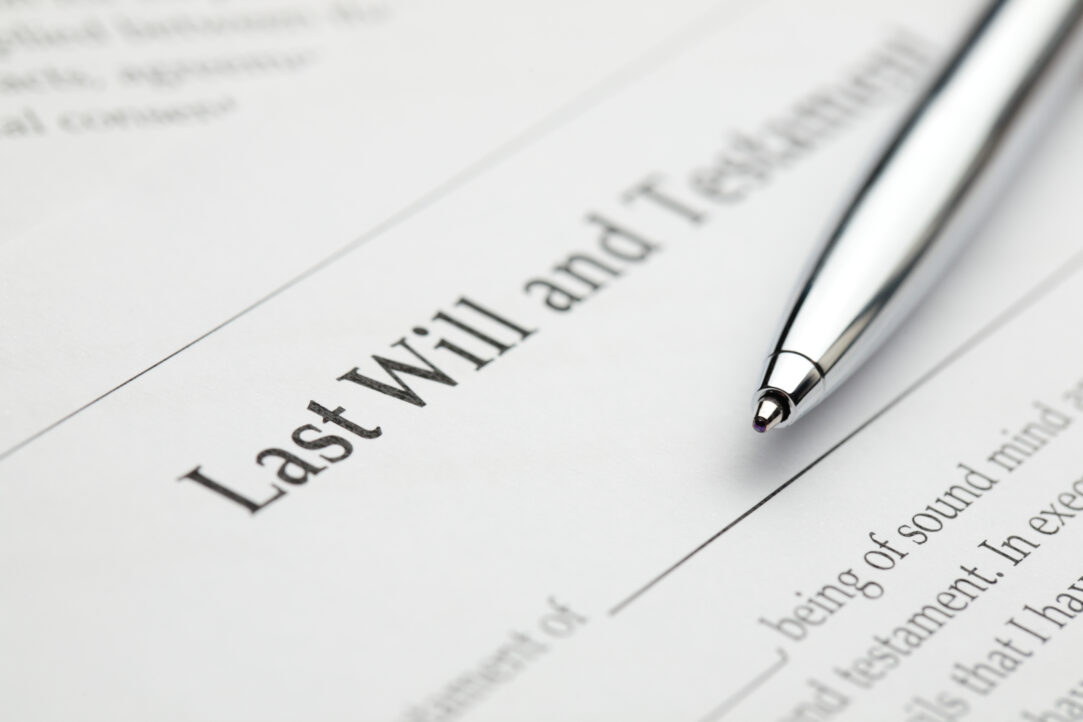What is a deed of variation?

Inheriting from a deceased person’s estate can significantly enhance one’s financial situation, whether the inheritance is received through a Will or under the rules of intestacy. However, there are situations where a beneficiary may not need or want their inheritance and may prefer to redirect it to someone else.
The purpose and benefits of a deed of variation
Many beneficiaries are unaware that they have the option to vary their entitlement and pass it on to others. This can be achieved by a deed of variation. While this document does not change the original Will’s terms, it does allow the estate’s administration to be altered in terms of who ultimately receives the benefit. This method is often considered a tax-efficient way of gifting since it is treated as if the gift was made by the deceased’s Will, rather than by the beneficiary personally.
How a deed of variation works
A deed of variation allows a beneficiary to nominate one or more individuals to receive part or all of their inheritance. Each beneficiary can only vary their own share of the inheritance, although they can work together with other beneficiaries if they mutually agree. This variation can apply to any asset within the estate, such as cash, property or land.
Requirements for a valid deed of variation
For a deed of variation to be legally valid, it must meet the following criteria:
- It must be made in writing within two years of the date of death.
- It must be signed by all beneficiaries who are varying their entitlement.
- It must clearly specify which part of the estate is being varied.
- It must identify who the new beneficiary or beneficiaries will be.
- It must include specific reference that the deed is intended to be effective for inheritance tax and capital gains tax purposes.
In some cases, a deed of variation can also apply to assets that do not pass under a Will, such as when property automatically passes to the surviving owner.
When is a deed of variation suitable?
The suitability of a deed of variation depends on individual circumstances and can include scenarios such as:
- Implementing a tax-efficient gifting strategy.
- Reducing inheritance tax or capital gains tax liabilities on an estate.
- Adjusting the distribution of an estate where it wasn’t possible to prepare a new Will.
- Providing for beneficiaries who are in greater need, often across different generations.
It is also important to note that while a deed of variation is generally tax-efficient, there can be situations where it might be disadvantageous, such as when multiple beneficiaries redirect their entitlement into a discretionary trust. For this reason, it’s essential to seek legal advice before proceeding with a deed of variation.
If you would like to talk to our dedicated Private Client team, please call us on 0800 2800 421 or contact us above.














